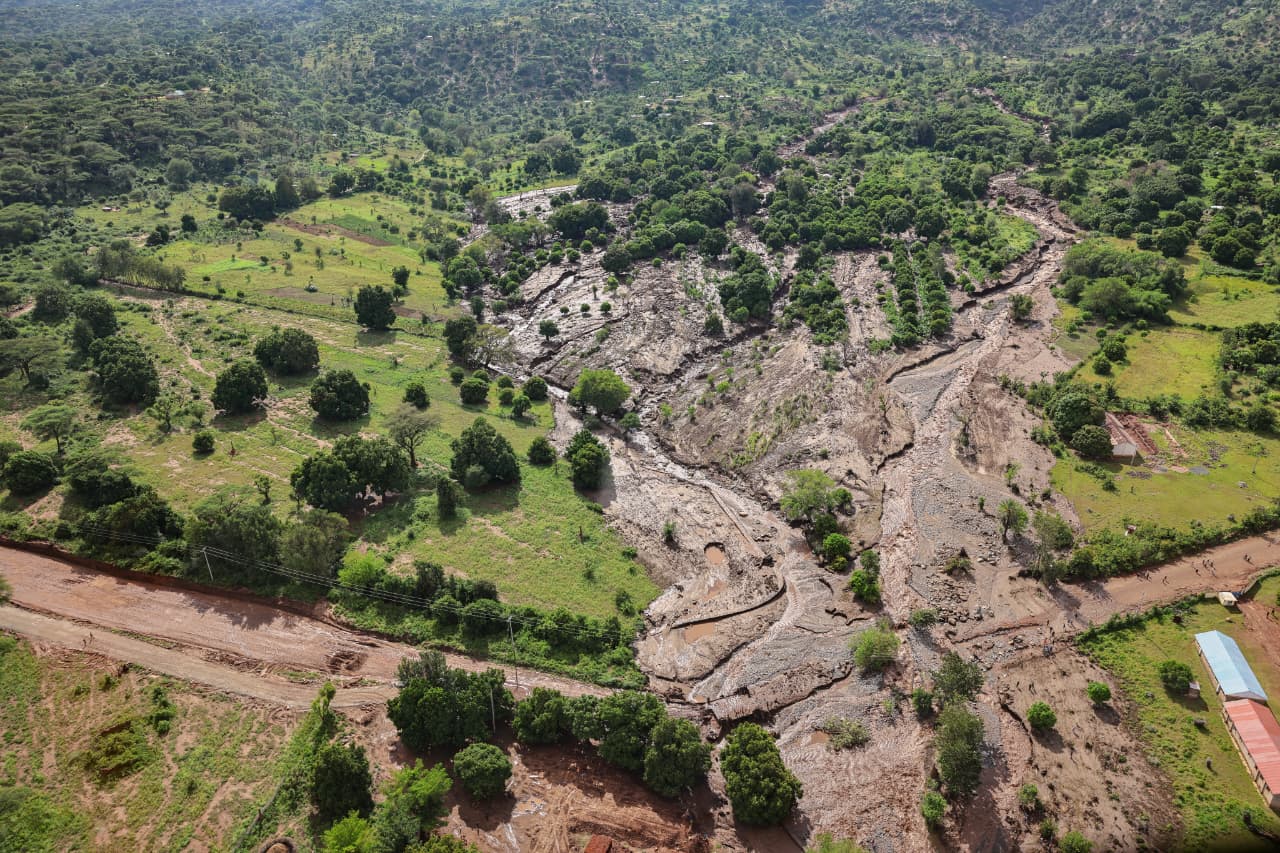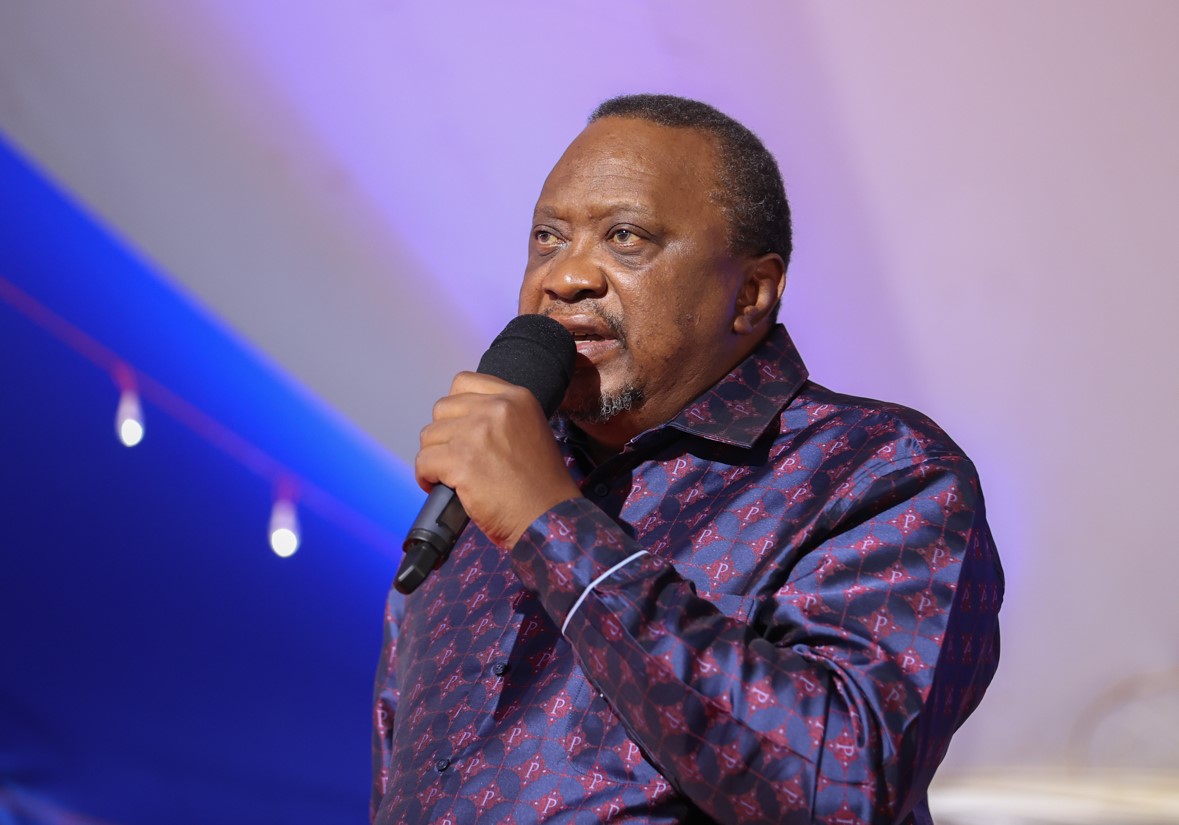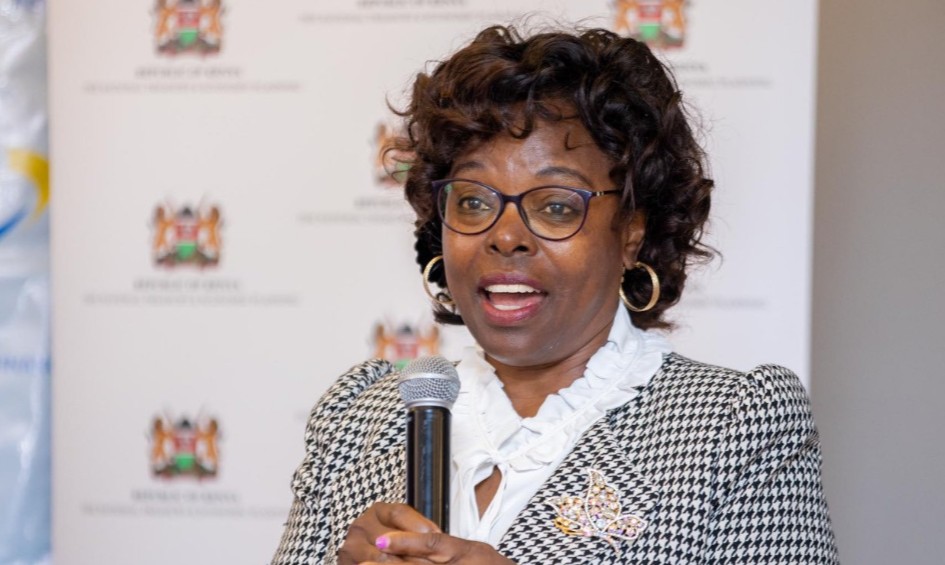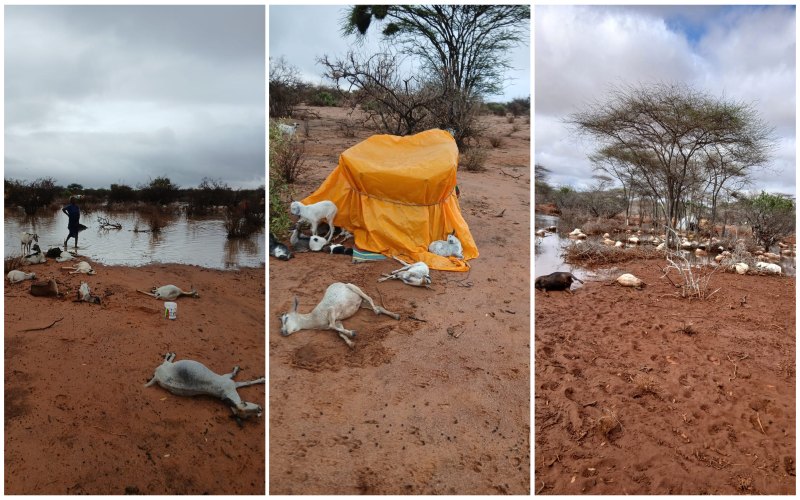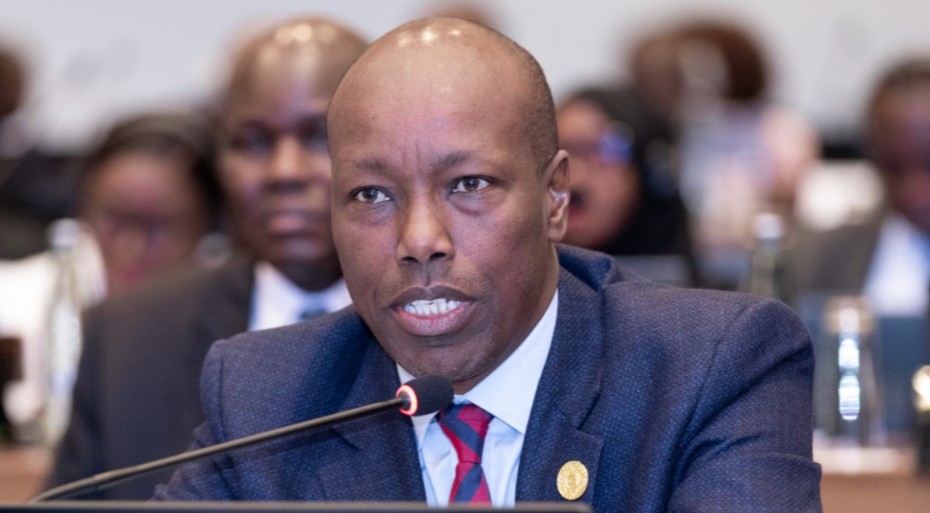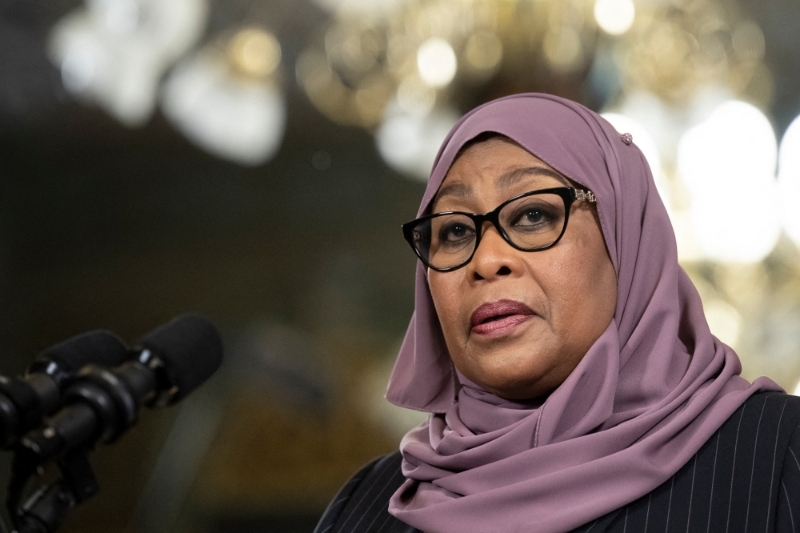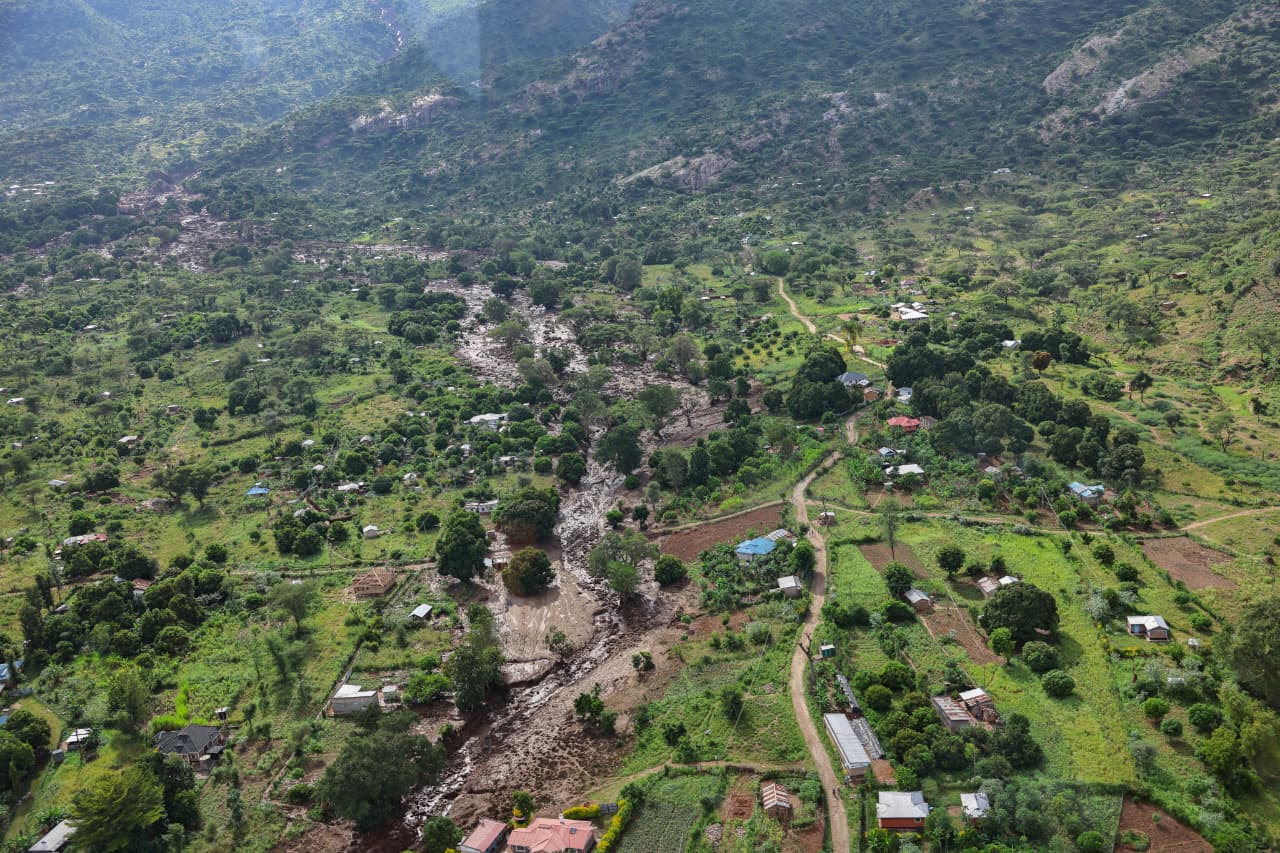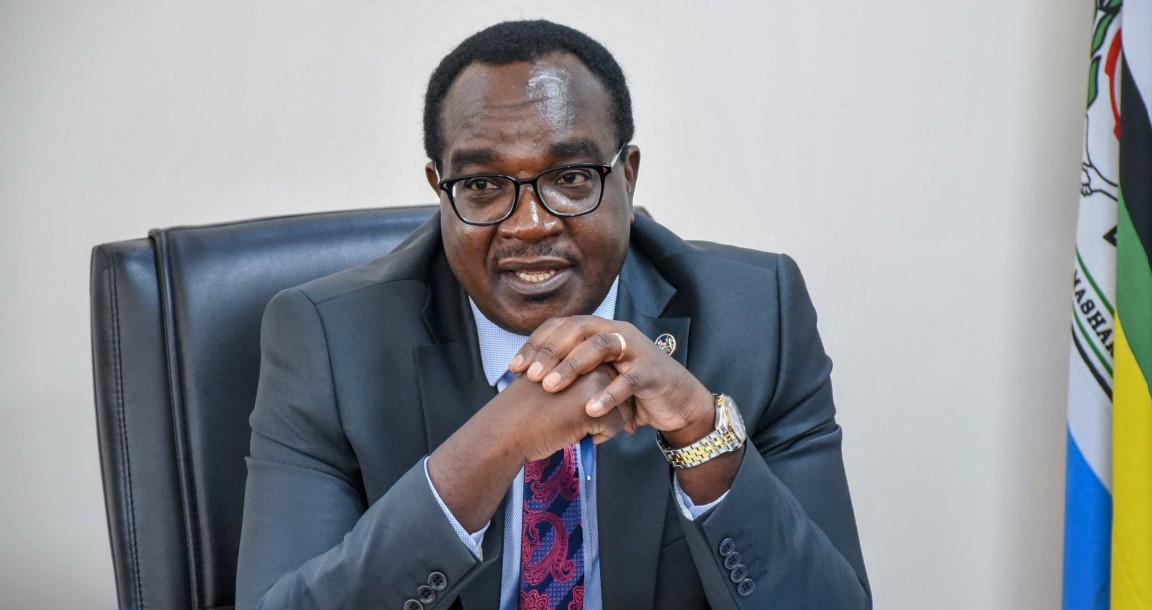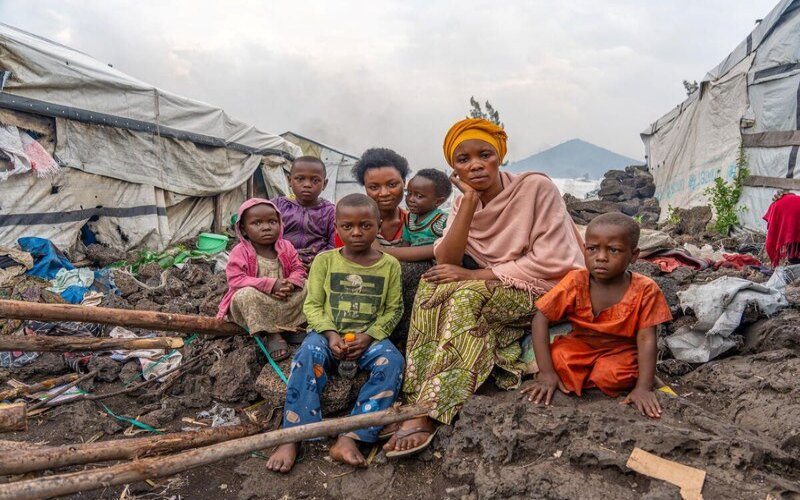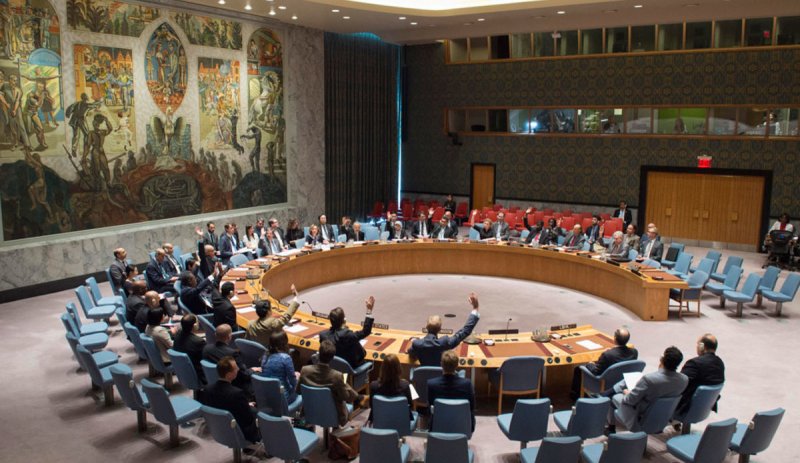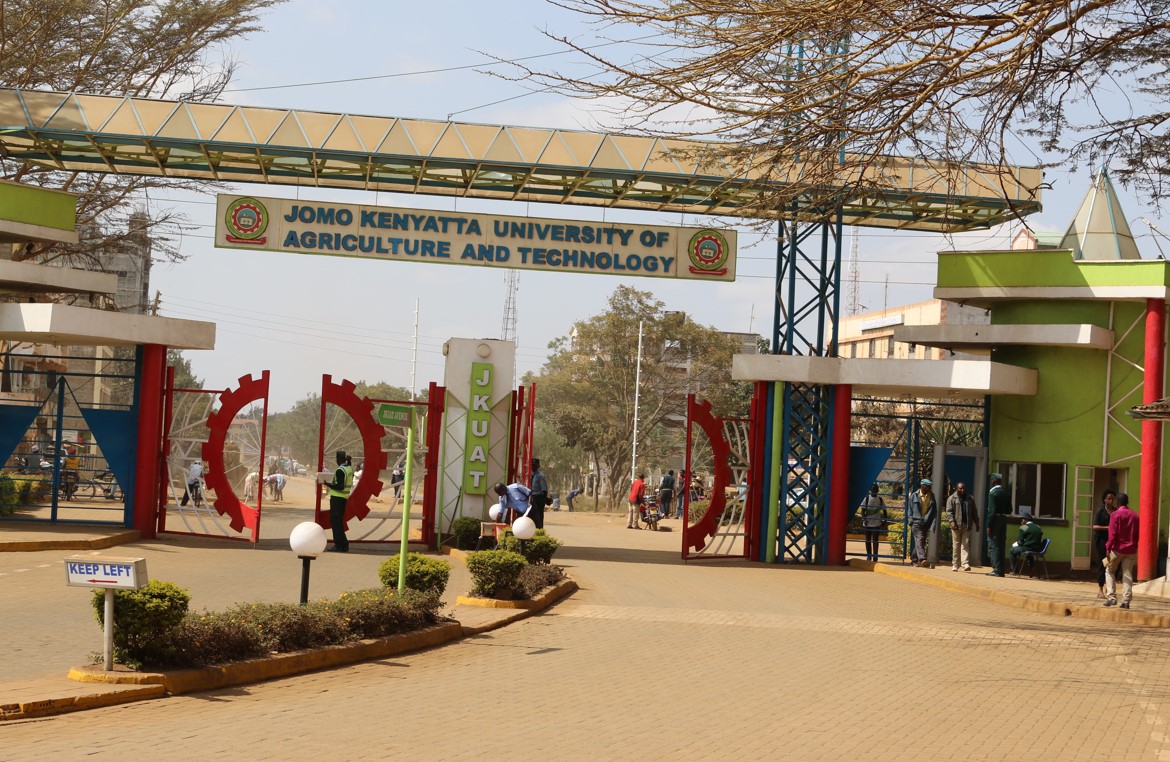Activists, organisations to petition African Court over climate change, human rights
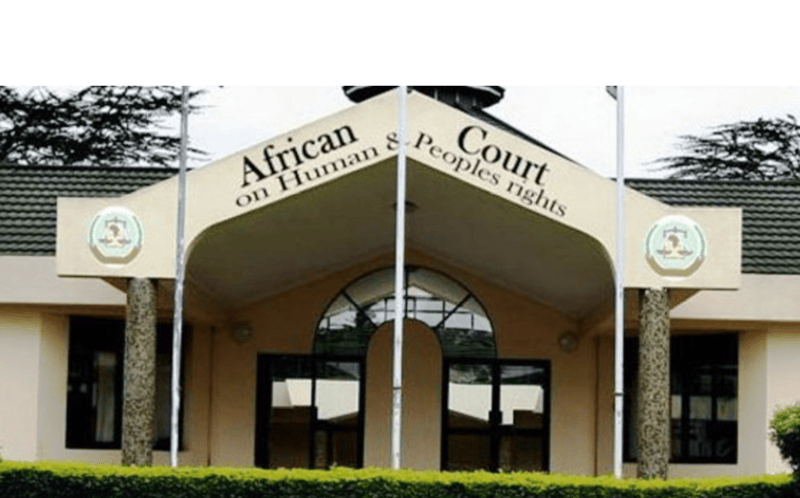
This will be the first time the African Court exercises its advisory powers on climate change, an issue increasingly recognised not just as an environmental concern, but as a human rights emergency.
A coalition of civil society organisations will on Friday, May 2, 2025, file a petition at the African Court on Human and Peoples’ Rights in a move campaigners describe as a historic step towards environmental justice in Africa.
The petition, spearheaded by the African Climate Platform alongside partners including Natural Justice, Resilient40 and the Pan African Lawyers Union (PALU), seeks an Advisory Opinion from the Court on how African governments should uphold human rights in the face of escalating climate impacts.
More To Read
- Hurricane Melissa is a warning – why violent storms are increasingly catching the world off guard
- Turning food waste into energy key to climate goals, says UN report
- UN warns global climate adaptation funds running dangerously low
- Why countries struggle to ditch fossil fuels despite rising costs, decades of climate deals
- Explore earth in 2100: New online game lets you imagine the future
- WMO warns of escalating climate risks, says CO₂ levels hit record high in 2024
“Africa contributes little to the global climate crisis but suffers some of its harshest impacts,” Alfred Brownell, the lead campaigner for the African Climate Platform, said.
“This petition is a plea for justice on behalf of millions of Africans who are bearing the brunt of environmental harm they did not cause.”
This will be the first time the African Court exercises its advisory powers on climate change, an issue increasingly recognised not just as an environmental concern, but as a human rights emergency.
The petition urges the Court to clarify how African states are obligated under the African Charter on Human and Peoples’ Rights and related treaties to respond to climate change. It raises critical issues such as the right to a healthy environment, the need for equitable energy transitions and the protection of vulnerable populations.
Across Africa, communities are grappling with climate-induced crises that threaten livelihoods, health, and basic survival.
“Southern Africa is experiencing its worst drought in over a century,” Lucien Limacher, a legal expert with Natural Justice in South Africa, said.
“Sixty-one million people are at risk of hunger. Women and girls are paying the highest price, facing school disruptions, increased domestic workloads, and greater exposure to violence.”
In North Africa, environmental degradation and climate-induced migration are on the rise.
“This is not a distant threat. From empty dams in Morocco to the tragedy in Derna, climate change is here—and it’s a daily human rights emergency,” Egyptian human rights defender Ahmad Abdallah said.
In West Africa, the situation is similarly dire.
“Our economies are burning, our youth are desperate, and still the world expects Africa to absorb the shock,” Peter Quaqua, a climate activist from Liberia, said.
The petition is not only targeting African governments but also calls for the accountability of historical polluters, especially multinational corporations. It seeks legal recognition of the links between environmental degradation and violations of fundamental human rights, including life, health, food, water, housing and dignity.
“Environmental harm is not just an ecological problem. It’s a human rights crisis. And courts must now rise to meet this challenge,” Economic Governance Officer at PALU, June Cynthia Okelo, said.
The submission also references instruments such as the Kampala Convention, which addresses internal displacement and the Maputo Protocol on women’s rights, highlighting how climate change disproportionately affects women, Indigenous communities and youth.
“Climate change compounds the inequalities African women and girls already face,” said Shahinaz Adel, an activist from Egypt. “They are breadwinners, caregivers, and now frontline victims.”
For many of the petitioners, the legal action is not just about precedent, it is about protecting lives and demanding justice from African institutions.
“We are standing up for the people who risk their lives to defend Africa’s natural heritage. Too often, their voices are silenced or ignored,” Dr Paul Mulindwa of CIVICUS said.
Following the petition’s filing, the organisations will hold a press briefing at the Court to discuss their case and the broader implications of their demands.
If successful, the Advisory Opinion could set a powerful legal precedent, connecting human rights obligations with environmental protection and compelling African governments to take stronger, more accountable climate action.
“Africa must not be a dumping ground or a shock absorber for historical polluters. We are asking the Court to help us define a future where justice and dignity are not sacrificed to climate breakdown,” Brownell added.
Top Stories Today
